Whether you’re looking to grow your business and need to be able to better organize things from an HR perspective, or simply wish to remove the burden of payroll and some additional related tasks, a PEO (professional employer organization) might be just what you need. You outsource such work to the company, and their experts handle it with more efficiency and expertise than you could provide on your own.
Yet there are many PEO different companies operating in this market, which can make choosing a service provider difficult. In this article we look at QuestCo, a widespread and rising PEO in the market, to help you determine if they are the right pick for you.
General Overview
Based around Houston, Texas and founded in 1989, QuestCo has always sought to be at the forefront of the PEO market, providing affordable payroll and HR solutions to its clients whenever possible. Utilizing modern ideas, practices, and technology, QuestCo has made themselves more competitive recently, despite being a somewhat smaller company in the PEO space (but still large enough to handle most company’s needs).
A more affordable and adaptable PEO than many of its competitors, we find that’s it’s usually best for small to medium-sized businesses looking for a simpler solution.
Features
- All of the normal payroll and tax support functions you primarily expect from a PEO company.
- Safety programs available for your employees that will be effective for most offices and industries. In some cases, worksite inspections will even be available to help maintain the maximum standards of safety and security.
- Email and live chat support options, which help to increase accessibility.
- The ability to cancel your plan without penalty, although they do ask for a commitment and some notice before your services are canceled.
- You will remain strictly in control of your workplace and still make all relevant decisions.
- Benefits plans available including those available for health, prescriptions, dental, and vision coverage. Health care accounts are also available.
- Also available are life and personal accident insurance plans, as well as short and long-term disability insurance options.
- 401(k) retirement plans available for your employees to utilize.
- A commitment to lowering your workers compensation costs as much as possible. This is combined with risk management strategies and solutions to keep things affordable for your business.
- Guidance and support for you regarding potentially tenuous HR and management situations should they arise.
- Assistance in creating an HR handbook, should you desire it.
- Help with the recruitment process, including handling job postings, some forms of screening and testing if your industry requires or would be benefited by them, and new employee documentation and setup.
- The heavy use of a software cloud and related technologies to keep your information available and safe.
Main Takeaways
Pros
Access to All of the Basics: Generally, we found that QuestCo was missing none of the basic services and HR functions a smaller business should look for in a PEO company. If you’re looking for a comprehensive package that can handle anything you might need, QuestCo can help you.
No Bundling of Services: QuestCo generally does not bundle together its services and plans. This means your business will only need to select and pay for the services it plans on using.
A Clear Understanding of How to Use Software: While nearly every notable PEO in business today will have software or an online platform, we found that most of them don’t match up to what QuestCo offers its clients. They stay modern, think ahead, and remain accessible no matter the platform you need to work on.
Cons
A Relative Lack of Accreditation and Certifications: Most of the other PEOs we’ve reviewed had a few certifications ensuring that they were complying with the best practices in the industry. And while QuestCo does ensure they are above board in their dealings, those looking for a bit more confirmation might find it hard to come by. They are, however, a Certified Professional Employer Organization as per the IRS.
Not Too Much Information Regarding Their Customer Service: While we are unwilling to say that their customer service is lacking in any way, there aren’t too many reports about it in either direction.
They Do Not Operate in Every State: It should be noted that QuestCo does not operate across the country, do you will need to check to see if your business still qualifies. This combined with their ten-employee minimum makes them not the most accessible option for small businesses on the market.
What Businesses Is QuestCo Best For?
Smaller to medium-sized businesses: If you are working with a very large team or even an enterprise with hundreds to thousands of employees, we find that there are likely better options available that would not only be able to provide you with a better deal but also provide you with more options and services (which your business will likely need). However, a smaller business can feel right at home with QuestCo.
Businesses that know what services they want: Due to their flexibility regarding your service package, if you know exactly what you want and need for your business, you can make the most of QuestCo and likely save money in the long term.
Businesses with more than ten employees: QuestCo does generally have a ten employee minimum to work with them, which means smaller businesses might be excluded. If you have less than ten employees, you’ll want to find a different company.
Conclusion
With some of its limitations, we understand that QuestCo might not be the choice for every company, and it shouldn’t be. But for businesses that meet some of the criteria listed above and who could use most of the features they offer, QuestCo offers a great entryway into utilizing a PEO for your business. Yet whether you choose to work with them or instead decide on another company to handle your HR needs, we hope that you can come to the best conclusion soon and that you are satisfied with your final choice.
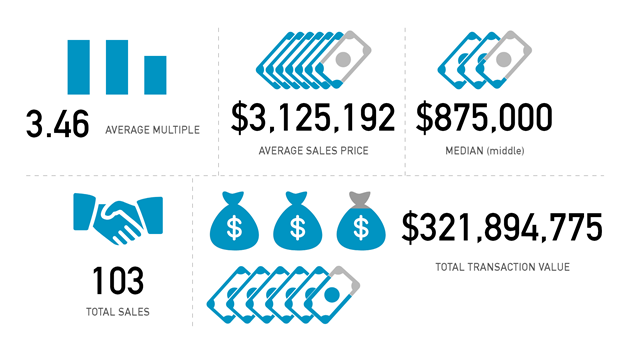
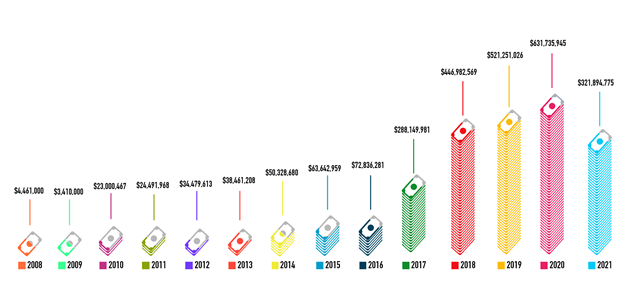
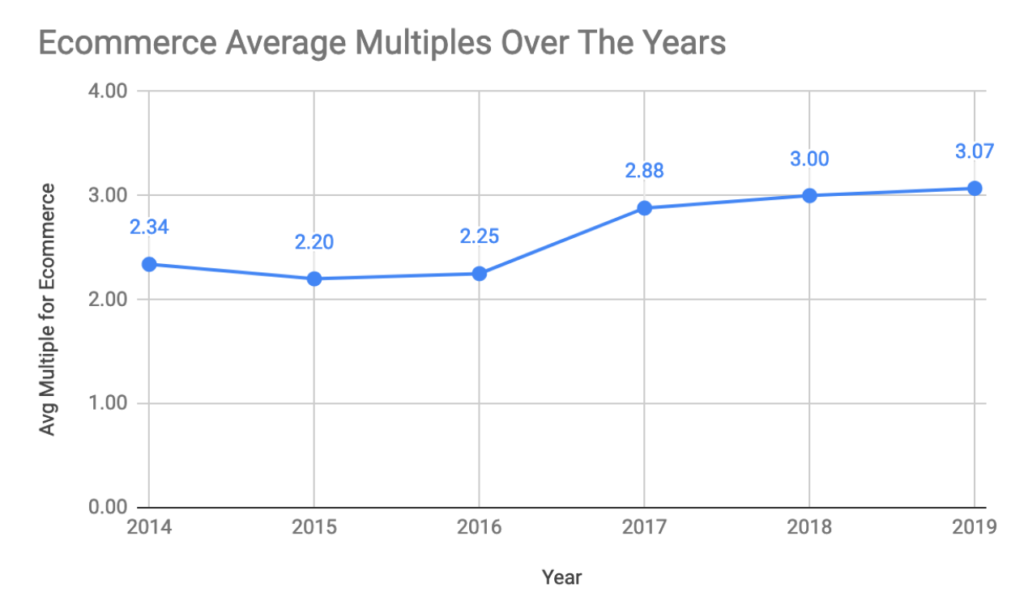

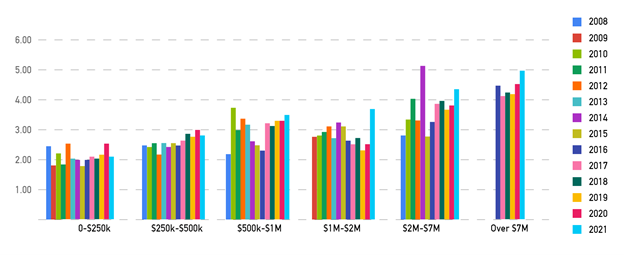
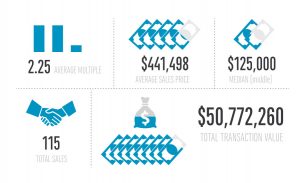
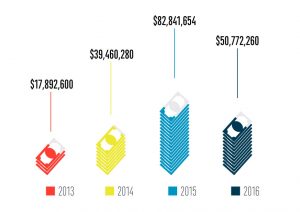
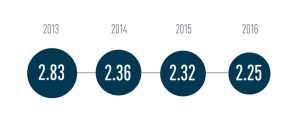
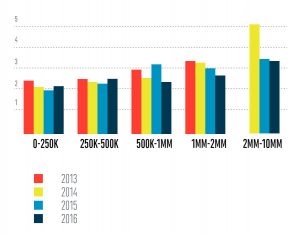
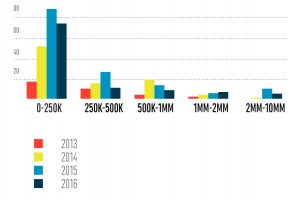



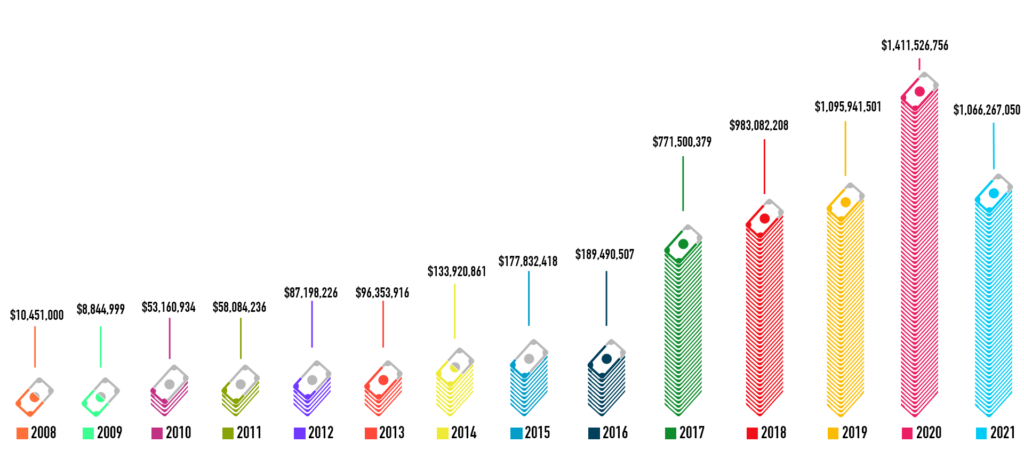

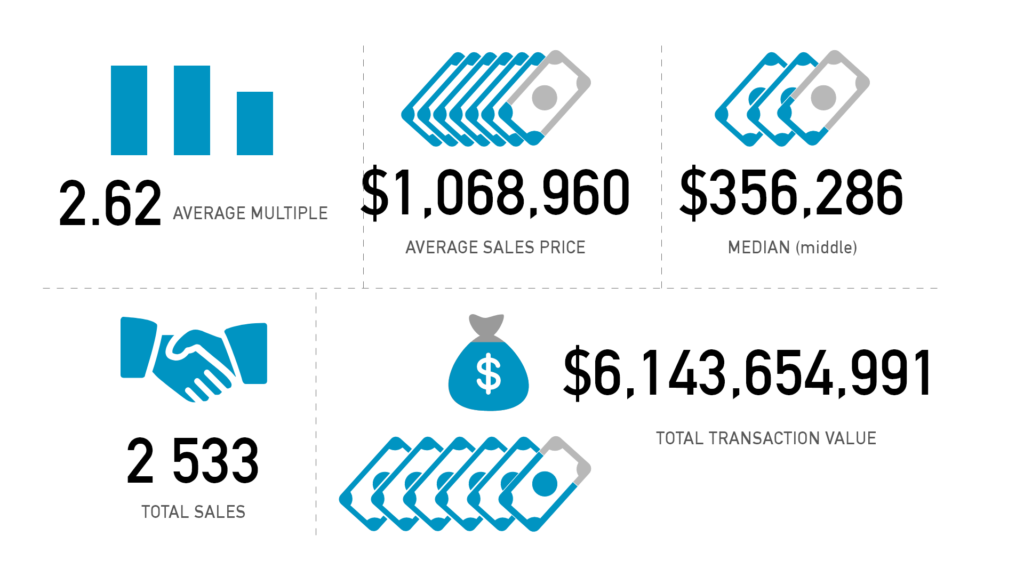
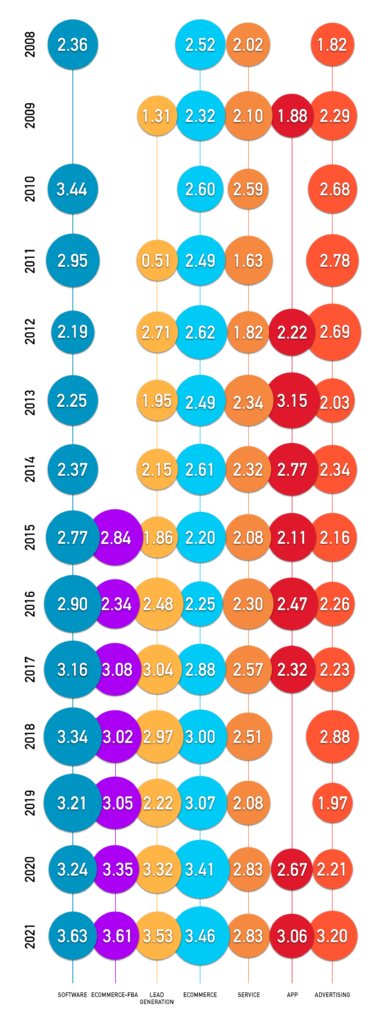
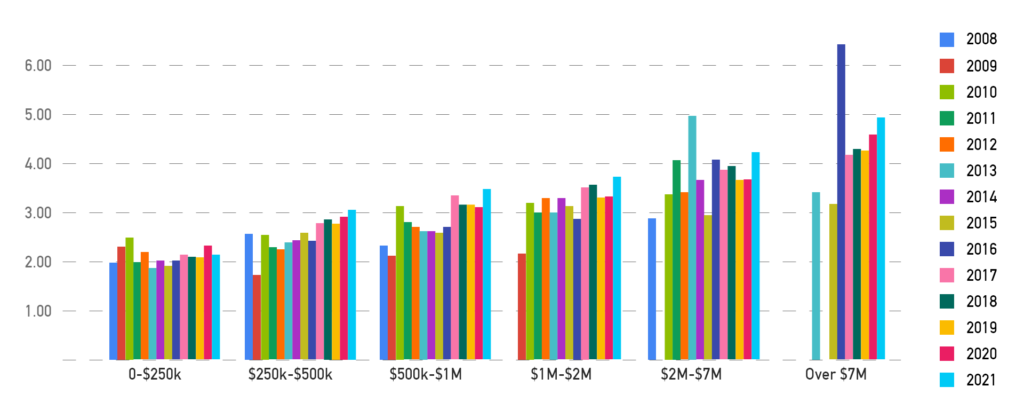
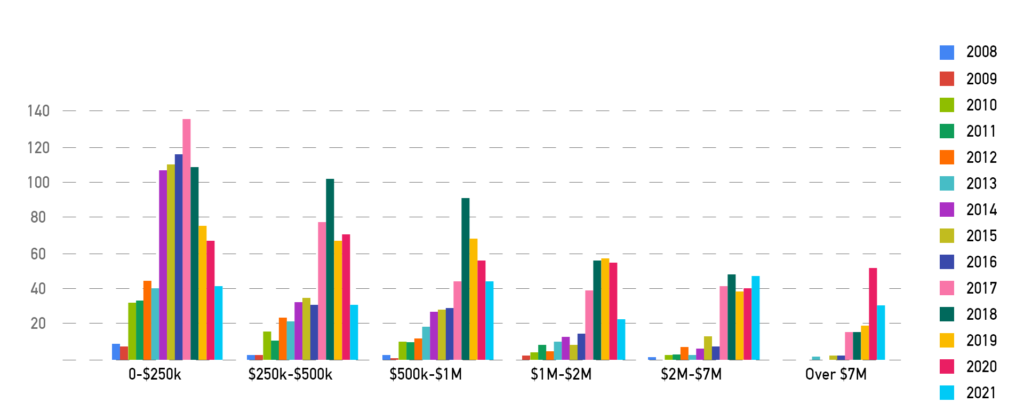
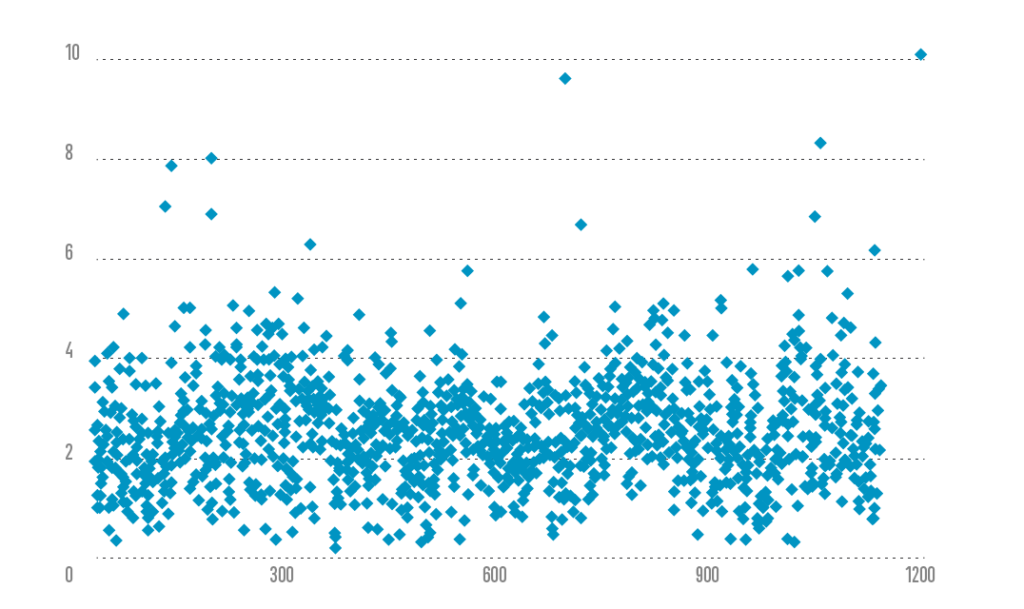
 Kevin Urrutia,
Kevin Urrutia, 


